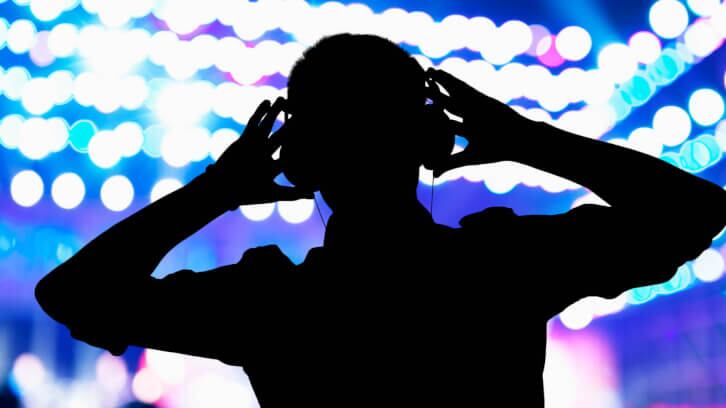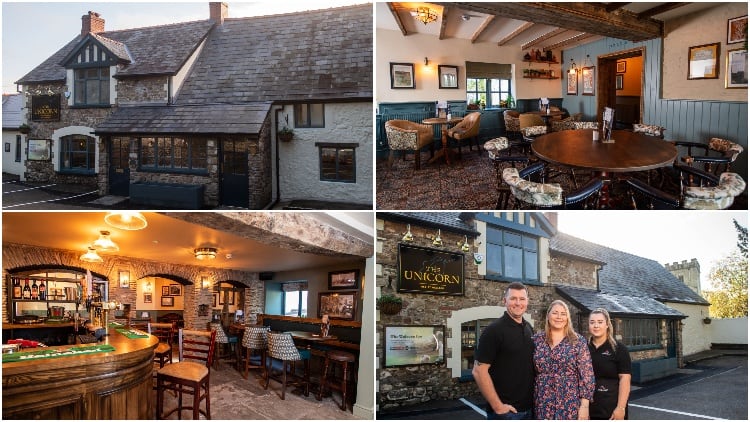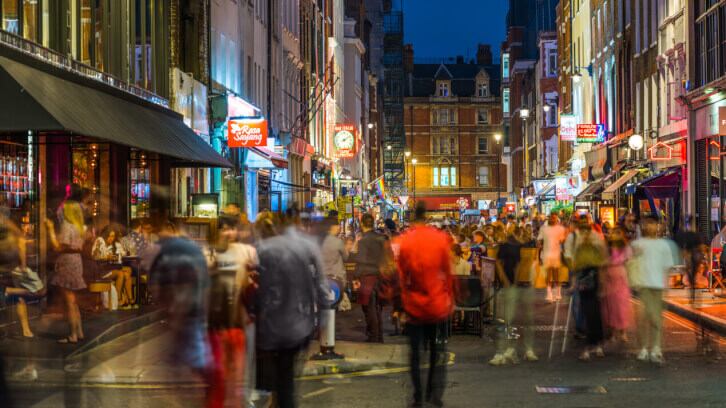The Night Time Industries Association (NTIA) is aiming to publish free training for nightclubs on hearing health as part of the ‘Listen for Life’ campaign launched last week.
The campaign was launched at the House of Commons on Wednesday 18 October in partnership with Specsavers and the World Health Organisation to encourage hearing health testing and tinnitus prevention.
This comes as data from Boots Hearingcare revealed nightclub jobs were among the worst for hearing loss.
Speaking to The Morning Advertiser, NTIA chief executive Michael Kill said the campaign launch was an “emotional” day, with people from all walks of life saying they wish they’d been more aware about hearing problems earlier on in their career.
Around 120 people came to the launch, with renowned musicians like Enter Shikari and the Dub Pistols in attendance.
The aim was to raise awareness of the support mechanisms out there to offer hearing support, improve hearing tests, and educate industry professionals.
The NTIA is looking at creating a programme which would ask businesses to commit to considering hearing health within high-volume environments like nightclubs, events and festivals.
The free educational materials will come in the form of an online blended learning piece, and in-person training where staff in these spaces will be educated on hearing help then bring the knowledge back to their teams.
The campaign will aim to drive the importance of wearing protection during these periods. It is also working on trialling suitable hearing protection in venues.
Hearing problems
According to the World Health Organisation, 1.1bn young people between the ages of 12 and 35 are at risk of permanent hearing loss due to unsafe listening practices while enjoying loud noises like music.
The Commission on Hearing Loss's 2014 report estimated the cost of hearing loss to the UK economy at £24.8 billion, a figure that could potentially rise to £38.6 billion by 2031.
Rob Shepheard, a consultant audiologist, has treated people impacted by hearing problems for four decades.
Aside from hearing loss, he said there are other hearing problems people can experience.
“I get my teeth checked every six months, I get my eyes checked every year. Why is it that nobody checks their hearing until they use it?”
One initial sign there’s something wrong is difficulty following conversations places where there is lots of background noise. Next, a person may experience tinnitus, which can lead to high distress. They may also experience a reduced tolerance for loud sounds.
Moreover, hearing loss can be a predisposing risk factor for dementia, with mild hearing loss doubling the risk, moderate hearing loss tripling it, and severe hearing loss quintupling the risk.
Shepheard considers the current test to assess for hearing problems to be outdated as it doesn’t show up a result until somebody has hearing loss.
The ‘Listen for Life’ campaign is advocating for a test that can pick up some of the subtle changes in inner ear function at an earlier stage, before all the symptoms start.
Operators can look out for their guests and staff through being aware of the risks then educating staff.
Raising awareness
Shepheard said customers should also consider breaks in quiet areas of the nightclub to give their ears a rest. They can also use hearing protection.
The audiologist also thinks hearing testing needs to be more normalised. Speaking to The Morning Advertiser, he said: “I get my teeth checked every six months, I get my eyes checked every year. Why is it that nobody checks their hearing until they use it?”
Jeff Smith, co-chairperson for the Night Time Economy APPG said performers, staff and gig-goers at clubs and music venues needed to be aware of the potential impact on their hearing of loud volumes and be supported to manage the risks safely.
He said the campaign was an important step toward achieving that goal.
Specsavers head of clinical training Sonam Kaur Sehemby added: “We as health care providers are passionate about delivering patient centred care and understanding the importance of hearing health through a coordinated national approach.
“Our partnership with the NTIA and our access to care report allows us to highlight the scale of impact that needs to be addressed and the steps we can take to start the conversation nationally.”
A festival organiser Biff Mitchell opened up on hearing problems in the music industry. He said: “When I started in the industry in the early 80’s there was no mention of looking after your hearing. I can remember one crew putting cigarette filters in his ears because it was so loud at a Motorhead show he had to go to medical as one got stuck… There was no education.
“The end result is pretty much everyone who worked in events back then has now got hearing problems, one friend now has only 45 % hearing.
“I have had tinnitus for years, wearing ear protection has meant it’s not got worse and it's only noticeable at times. We can’t let this continue and hopefully this campaign will make a difference.”




